Should You Pay Your Technicians Commission? Pros, Cons, and Real-World Insights
Service business owners in industries such as HVAC, plumbing, pest control, and managed IT services (MSPs) regularly grapple with how to pay their field technicians. Should you offer a reliable hourly wage or tie earnings to performance through commissions? Hourly advocates argue that commission pay creates pressure to upsell unneeded work, while commission proponents insist performance pay improves customer service and company profitability. As with most business decisions, the truth is more nuanced. This article breaks down the pros and cons of commission structures, shares real-world insights from various service trades, and offers best practices for owners weighing their options.
Commission vs. Hourly Pay: The Basics
In an hourly structure, technicians receive a set wage for the time they work—whether or not they make extra sales. With commission pay, a portion of a technician’s income is tied to the revenue they generate through completed jobs, upsells, or service agreements. Many companies use a hybrid model combining a base hourly wage with performance bonuses. Commission can boost earnings for top performers, while hourly pay removes sales pressure and suits warranty or maintenance work where upselling isn’t a priority.
Industry Differences
Different service sectors lean toward different compensation models. In residential HVAC and plumbing, commissions are common, particularly for service roles that include diagnosing problems and selling repair or replacement options. Successful plumbers and HVAC service pros can earn six-figure incomes in commission-based roles, especially when they work more calls and excel at sales. By contrast, many MSPs pay technicians hourly or salary, reserving commissions for salespeople because upsell opportunities are limited and companies want support techs focused on service. In pest control, commission or bonus pay is often part of compensation for technicians who sell treatment plans or upgrades.
Pros of Commission-Based Pay
1. Increased productivity and efficiency. When earnings depend on revenue generated, technicians have a natural incentive to work efficiently. Many companies that tested commission with one crew versus hourly with another found that commission crews completed more work and earned more, prompting others to switch.
2. Accountability and goal alignment. Commission structures align technicians’ interests with company goals. Clear incentives for service agreements, five-star reviews, and avoiding callbacks encourage behaviors that serve both customers and the business.
3. Incentivized upselling and revenue growth. Commission-motivated technicians are more likely to spot and suggest additional services a customer may value, such as equipment replacements, indoor air-quality products, or maintenance plans. Done ethically, this increases average ticket size and empowers customers with options.
4. Higher earning potential for ambitious technicians. For go-getters who enjoy selling, commission pay can be a game-changer. Top residential service plumbers and HVAC techs can earn well into six figures—far beyond typical hourly wages. This earning potential helps companies attract and retain talent.
5. Potential customer benefits. When coupled with ethical training and customer-satisfaction incentives, commission can enhance the experience. Bonuses tied to reviews or zero callbacks keep the focus on quality, not just sales.
Cons of Commission-Based Pay
1. Pressure to upsell and erosion of trust. The biggest downside is the temptation to oversell. Commission can create a perceived conflict of interest, where customers feel pressured to buy add-ons they don’t need. Over time, this damages trust and reputation.
2. Potential for lower quality or corner-cutting. A sales-first culture can lead to rushed diagnostics, unnecessary part replacements, or sloppy workmanship. If meetings become all about sales numbers, quality suffers and callbacks rise.
3. Conflict with technician motivations. Not every technician wants to be a salesperson. Many entered the trades to fix things, not push products. Commission plans that don’t fit your team’s values and appetite for sales can backfire, cause stress, and increase turnover.
4. Impact on gross profit margins. Commissions increase labor costs on each job. If rates are too high, they erode margins; if too low, they fail to motivate. Discounting to close deals further compresses profit if commissions are calculated on revenue instead of profit.
5. Administrative complexity and compliance. Commission systems require accurate tracking, adjustments for chargebacks, and compliance with wage laws. Overly complex formulas confuse techs and reduce the motivational impact.
6. Not suitable for all work types. Commission fits repair and replacement contexts where upselling is possible. For preventive maintenance or warranty work, hourly or salary pay often makes more sense to keep the focus on thorough, consistent service.
Real-World Insights and Industry Examples
HVAC and plumbing. Some multi-trade service companies that moved whole divisions to commission saw crews earn more and productivity rise, especially when leadership guaranteed no one would make less during the transition. Piloting with one crew, comparing outcomes to hourly teams, and paying whichever is higher during the trial period helped secure buy-in. Other firms market “gimmick-free” service and explicitly avoid commissions to reassure customers there’s no sales pressure. Both strategies can succeed depending on brand positioning and market expectations.
Pest control. Commission and bonuses are common for selling treatment plans and upgrades. The keys are balancing commission rates with profit margins, tailoring payouts to average deal size, and adding non-commission incentives like quality or retention bonuses. Over-emphasis on upsells can conflict with the need for consistent, scheduled service—so quality safeguards matter.
MSPs and IT services. Many MSPs keep technicians on hourly or salary and reserve sales incentives for account managers. Where incentives for techs exist, they tend to be small bonuses for identifying genuine project opportunities or hitting client satisfaction targets, preserving trust in the technician’s advice. For businesses looking to scale their service operations and unburden owners, the Service Manager role is essential for managed IT, HVAC, and plumbing as they grow past $2M—not just for pay structure decisions, but also for sustaining healthy growth.
Best Practices for Incentivizing Technicians
- Start with a hybrid plan. Pair a fair base wage with simple, targeted incentives for revenue and quality. This balances income stability with upside and avoids encouraging speed over workmanship.
- Tie incentives to revenue and quality. Reward sales, but also link payouts to five-star reviews, low callbacks, documented diagnoses, and repeat business. Make it clear that integrity comes first. Taking a page from leadership lessons about courage and integrity can further galvanize a healthy sales environment.
- Keep it simple and transparent. Techs should be able to explain their pay plan in one sentence. Provide dashboards or regular reports so they can track progress and avoid payday surprises. Avoiding administrative headaches and maintaining clean bookkeeping practices is essential, especially with multiple pay components.
- Protect your margins and set realistic targets. Model typical jobs and ensure payouts leave room for overhead and profit. Consider gross-profit-based commissions or margin thresholds before commissions kick in.
- Invest in training and ethical sales coaching. Teach consultative communication, need-finding, and value explanation. Role-play common scenarios. Make misrepresentation a fireable offense. Focusing on core company values during training and coaching can ensure your team’s approach supports both profit and trust.
- Communicate clearly and get buy-in. Share the “why,” show examples, and pilot changes. If possible, guarantee no one earns less during the trial. Celebrate wins that reflect both sales and quality.
Conclusion
Commission can boost productivity, accountability, and earnings—especially for ambitious technicians and sales-adjacent service roles. But poorly designed plans risk overselling, lower quality, culture clashes, and margin erosion. For many service companies, the sweet spot is a balanced approach: a fair base wage plus clear, ethical performance incentives that reward both revenue and customer outcomes. Aligning your pay plan with deliberate strategic business expansion goals can future-proof both profits and team satisfaction. Choose the model that fits your brand promise, service mix, and team culture—and keep the focus on great service, transparent communication, and sustainable profit.







